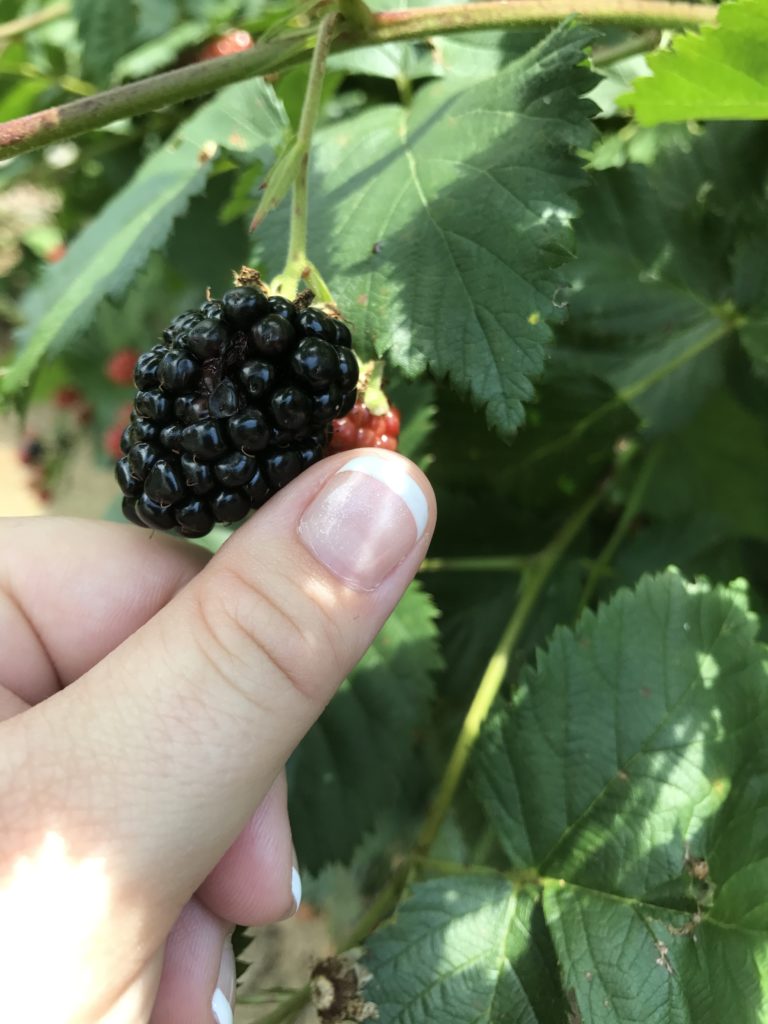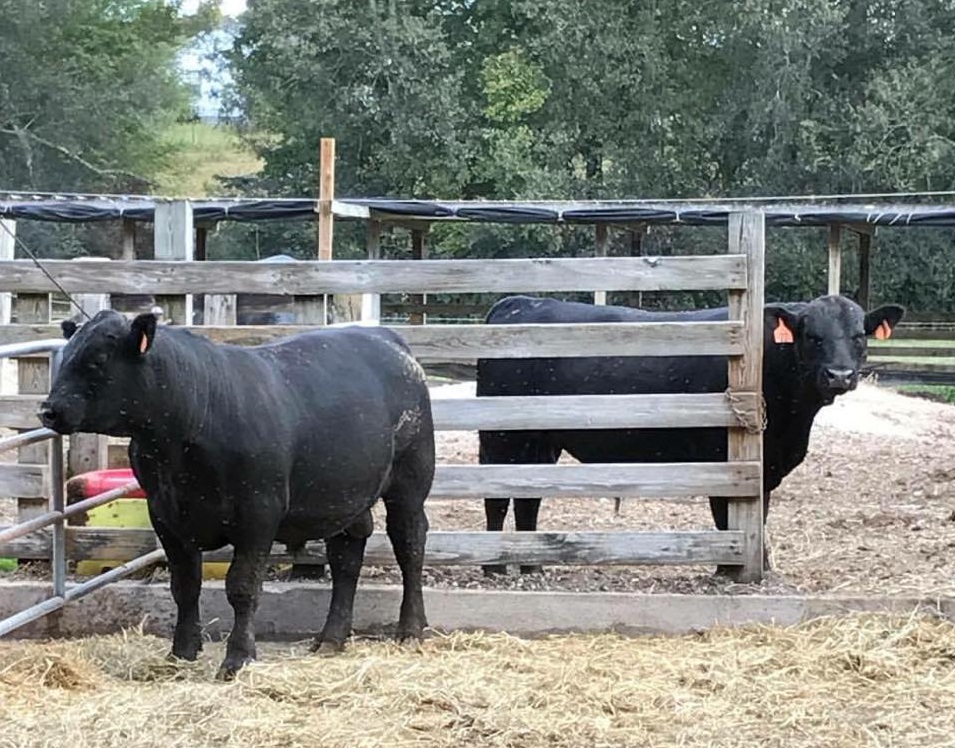Programs also help Tennesseans protect the environment and improve the management, marketing, and use of natural resources. For more detailed information about these programs provided in your area please contact the County Extension Office.
Contact Information
Daniel Wiggins
call 731-696-2412
fax 731-696-4084
email dwiggin2@utk.edu
Corn Irrigation in West Tennessee
Driving through West Tennessee, you may have noticed more cornfields with center-pivot irrigation; after all, corn prices and demand have recently been at historic highs, and irrigation increases and stabilizes corn yields. However, researchers at the University of Tennessee Institute of Agriculture conducted a study to detemine whether it is profitable for West Tennessee producers to be irrigating their cornfields.
“There are many agronomic benefits from irrigation corn in Tennessee, but the profitability of irrigation corn is unclear,” says Chris Boyer, assistant professor for UT’s Agricultural and Resource Economics and lead researcher for this study.
The recent rise in corn prices have some farmers running numbers to see if corn irrigation is profitable for their operations. Irrigation of grain crops in humid regions in the Southeast has grown in the past several years. Most humid regions in the U.S. receive enough annual rainfall to produce corn without irrigation; however, the purpose of irrigation is to supplement rain-fed corn production during periodic short-term droughts.
Benefit of Irrigation
Timely supplemental irrigation in humid regions can provide benefits such as: *stabilizing yields or reducing downside yield risk; *increasing yields; and *helping to reduce crop disease.
Rise in Corn Prices
Farmers have reaped the benefits of increased corn prices in recent years, but why have they increased? The upward shift in corn prices since 2006 has been the subject of much debate, but most analysts agree that multiple factors where involved: * growing demand for grains; *rising meat consumption; *expanding biofuel production; *increasing cost of production
Why Are There Few Irrigated Cornfields in Tennessee?
Only 3% of harvested corn areas was irrigated in Tennessee during 2007. One potential reason for this is center-pivot irrigation systems are more expensive to install on smaller, irregularly shaped fields that are common in Tennessee.
Bottom Line
The UT study reveals that corn prices and field size are vital factors in determining profitability for corn irrigation in West Tennessee.
“We find that corn irrigation has only recently become profitable for fields over 125 acres with raise in corn prices since the late 2000’s says Boyer.
However, investing in corn irrigation in Tennessee is still a gamble. The UT study also concluded that corn prices would need to stay high for extended periods of time for irrigated production to remain profitable after investment in center-pivot irrigation.
The UT Insititute of Agriculture provided instruction, research and outreach through the UT College of Agricultural Sciences and Natural Resources, the UT College of Veterinary Medicine, UT AgReearch, including its system of 10 research and education centers, and UT Extension offices in every county in the state.

